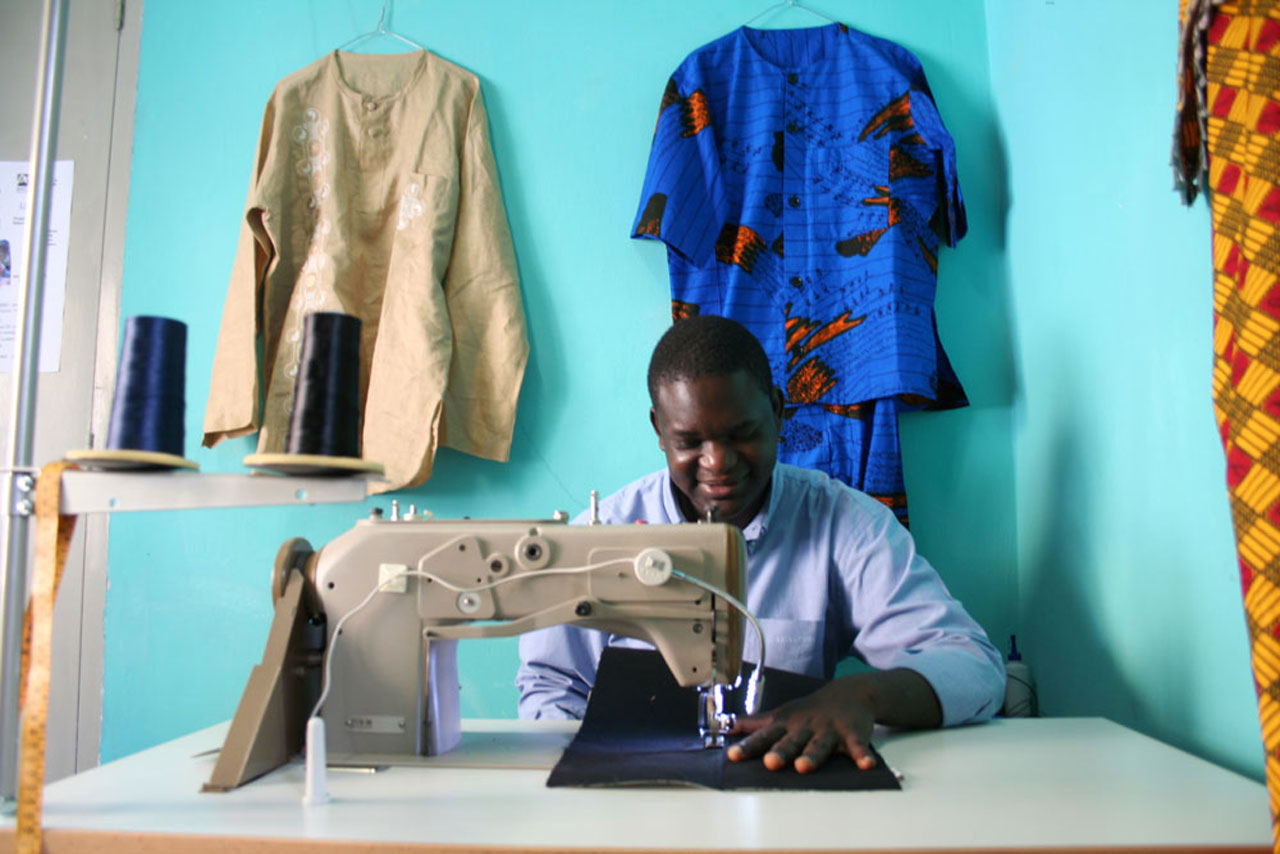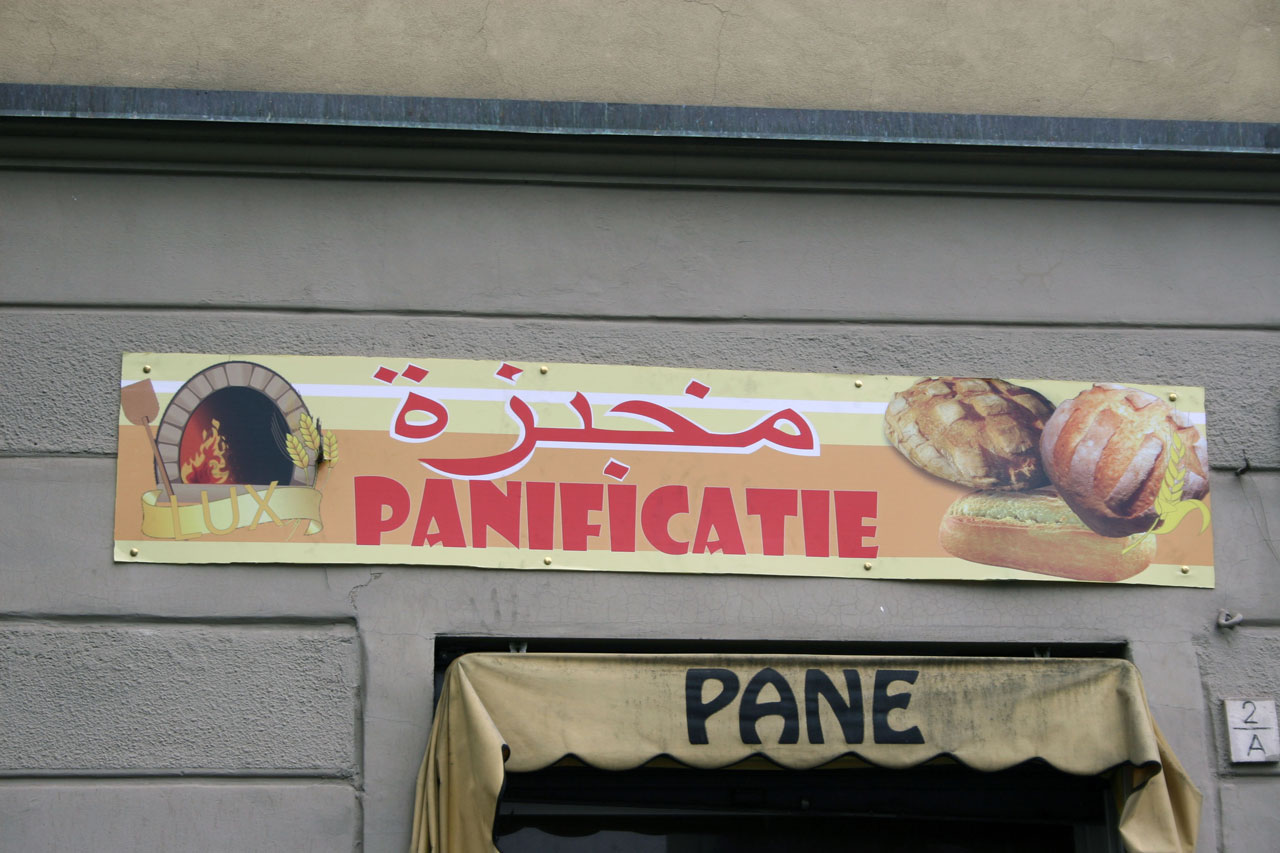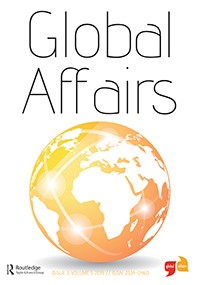Segnaliamo l’articolo di Emanuela Roman ‘EU’s migration policies in the eyes of “partner” countries’ civil society actors: the case of Tunisia’, pubblicato all’interno della special issue “The Externalization of EU’s migration policies: contestation and critique” sulla rivista Global Affairs che raccoglie i contributi sull’esternalizzazione delle politiche migratorie europee derivanti dal progetto MEDRESET.
ABSTRACT
After repeated failed attempts to reform its dysfunctional internal architecture, the external dimension has become the real cornerstone of the EU’s migration strategy. In spite of routine rhetorical references to its cooperative and partnership-based nature, the external dimension policy-making remains essentially unilateral and top-down. Civil societies of so-called “partner” countries, in particular, tend to be excluded from planning and negotiation. Based on extensive fieldwork carried out in the context of the MEDRESET project, the article addresses this gap by focusing on the case of Tunisia, a country engaged in a demanding process of democratic transition, struggling with the challenges of unemployment and terrorism, but with a vibrant, active and self-confident civil society. An increased knowledge of the way South-Med civil society stakeholders frame migration-related issues and evaluate EU migration policies may have relevant policy implications, possibly leading to rethinking the dominant European approach to migration management in the Mediterranean
KEYWORDS: European Union, externalization, migration, governance, legitimacy








